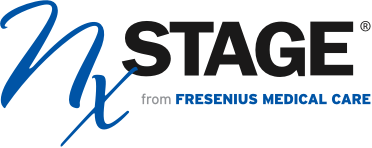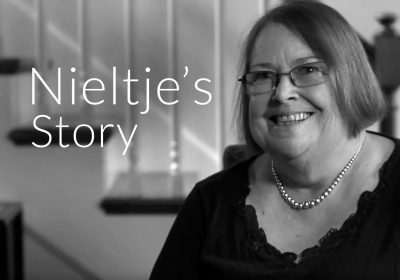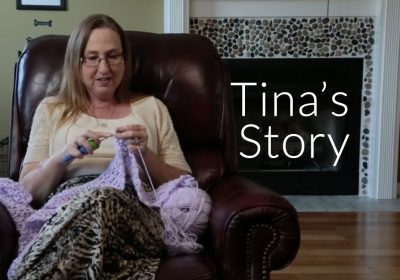Patient Success Stories
-
Transitioning from PD to HHD helped Bill regain his health and quality of life.
-
Solo home hemodialysis gave Nieltje independence and control over her life again.
-
Improved energy with more frequent HHD let Maria get back to the hobbies she loves.
-
Free from in-center treatment schedules, Leo is back in the water and living his fullest life.
-
Nocturnal therapy gives Erich the freedom to spend his day his way.
-
Improved energy and appetite let Tina get back to being a mom and wife instead of a patient.
-
Robby took control back over his life when he started home hemodialysis.
-
The ability to travel gave Henning a new lease on life.
-
Improved post-dialysis recovery time with more frequent HHD helped Don get back to the hobbies his loves.
These patients have given NxStage permission to share the experiences they have enjoyed with more frequent, nocturnal, or solo home hemodialysis using the NxStage System One. Please note that another patient will not necessarily experience the same results reported by these patients. Also, training and treatment requirements reported by these patients are determined by their clinics. Patient experiences and clinic requirements may differ.
Risks and Responsibilities
The reported benefits of home hemodialysis (HHD) may not be experienced by all patients.
The NxStage system is a prescription device and, like all medical devices, involves some risks. The risks associated with hemodialysis treatments in any environment include, but are not limited to, high blood pressure, fluid overload, low blood pressure, heart-related issues, and vascular access complications. When vascular access is exposed to more frequent use, infection of the site, and other access related complications may also be potential risks. The medical devices used in hemodialysis therapies may add additional risks including air entering the bloodstream, and blood loss due to clotting or accidental disconnection of the blood tubing set.
Home hemodialysis with the NxStage system during waking hours may not require a care partner, provided a physician and a qualified patient agree that solo home hemodialysis is appropriate. Patients performing nocturnal treatments are required to have a care partner. Care partners are trained on proper operation and how to get medical or technical help if needed.
Certain risks associated with hemodialysis treatment are increased when performing solo HHD because no one is present to help the patient respond to health emergencies. If patients experience needles coming out, blood loss, or very low blood pressure during solo HHD, they may lose consciousness or become physically unable to correct the health emergency. Losing consciousness or otherwise becoming impaired during any health emergency while alone could result in significant injury or death. Additional ancillary devices and training are required when performing solo HHD.
Certain risks associated with hemodialysis treatment are increased when performing nocturnal therapy due to the length of treatment time and because therapy is performed while the patient and care partner are sleeping. These risks include, but are not limited to, blood access disconnects and blood loss during sleep, blood clotting due to slower blood flow and/or increased treatment time, and delayed response to alarms when waking from sleep.
Patients should consult their doctor to understand the risks and responsibilities of performing these therapies using the NxStage system.












